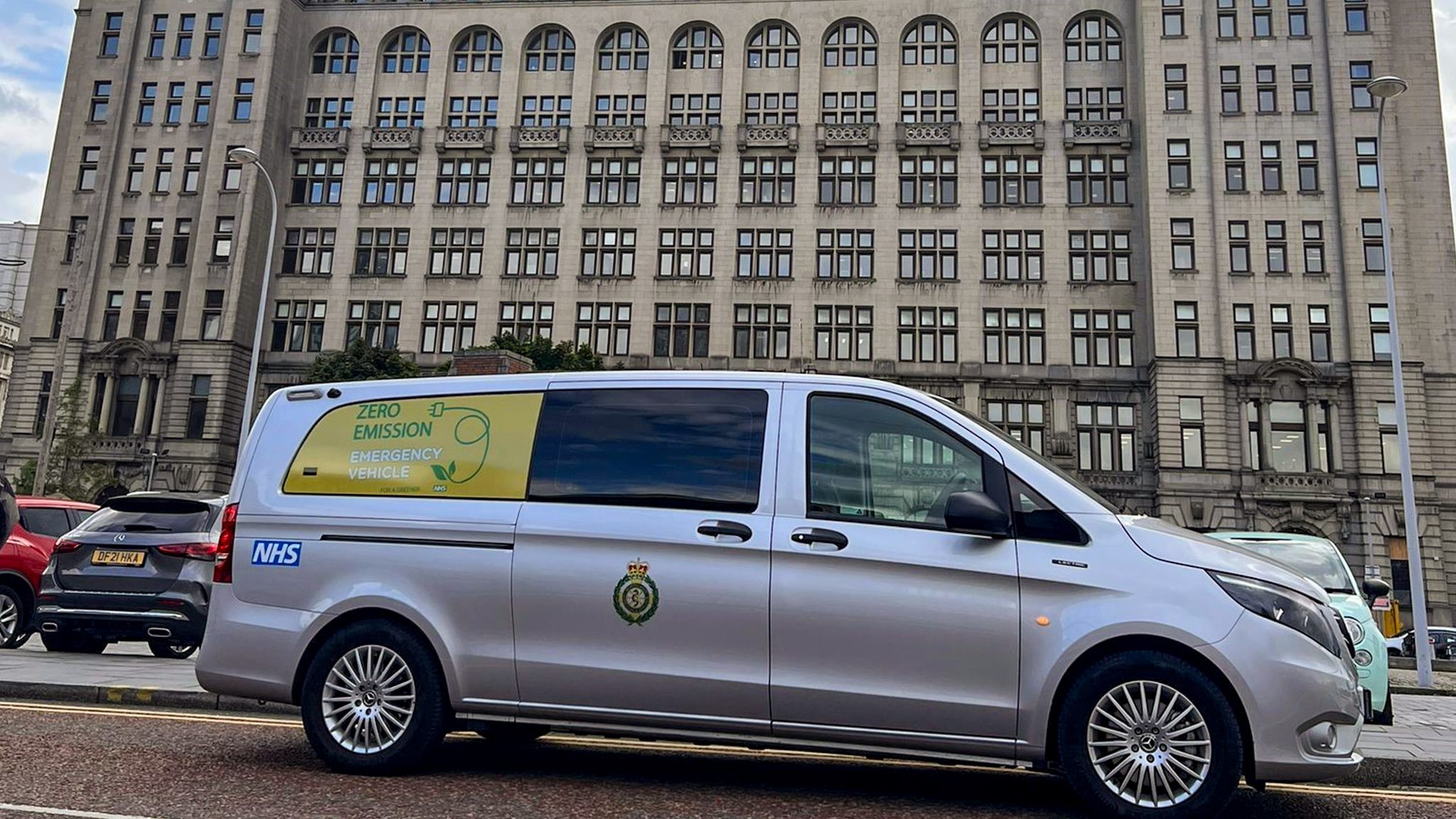
The bespoke ambulance is operated in Merseyside by the local dedicated mental health triage team. They work in partnership with Mersey Care, Merseyside Police and British Transport Police and, using their specialist skills, can attend to mental health patients in crisis. This reduces the demand for traditional double-crewed ambulances and helps prevent avoidable admissions to hospitals and detentions under the Mental Health Act. In July, the team were presented with an NHS parliamentary award for excellence in urgent and emergency care for this work.
The specially designed electric ambulance replaces a previously used diesel-powered response car helping the trust reduce its carbon footprint and now also providing a comfortable and private space in the back for patients to receive help. It also has fewer fluorescent markings to put patients at ease.
The investment came thanks to £2.1 million given out by NHS England for electric vehicles across the country, as the NHS becomes the first health service in the world to commit to reaching net zero by 2040. Along with the dedicated mental health vehicle, NWAS received two other zero-emission rapid response cars to be used by solo paramedics responding to emergency incidents in Manchester and Cumbria.

Jonathan King, Mental Health Triage Car Lead, says, “The mental health vehicle is fantastic. It was great to have input into its design, and it is exactly what we hoped it would be. The mental health triage car partnership is going from strength to strength in Merseyside, and this vehicle will be a valuable asset for our work”.
Jon Makin, Head of Fleet, says, “We’re incredibly pleased to receive this funding. We’ve already made great strides in making our frontline and support vehicles greener. This takes up the number of frontline electric vehicles to more than 30.”
Dr Nick Watts, Chief Sustainability Officer at NHS England said: “We know that climate change has an impact on health, and the NHS can play its part in preventing ill-health by looking at new ways to reduce emissions. “Each electric vehicle costs less to run and maintain, meaning these new vehicles will spend more time on the road and change the way we deliver care in the community – whilst also cutting our carbon footprint as we strive to make NHS services greener and more efficient as part of our ambition to hit net zero by 2040.”